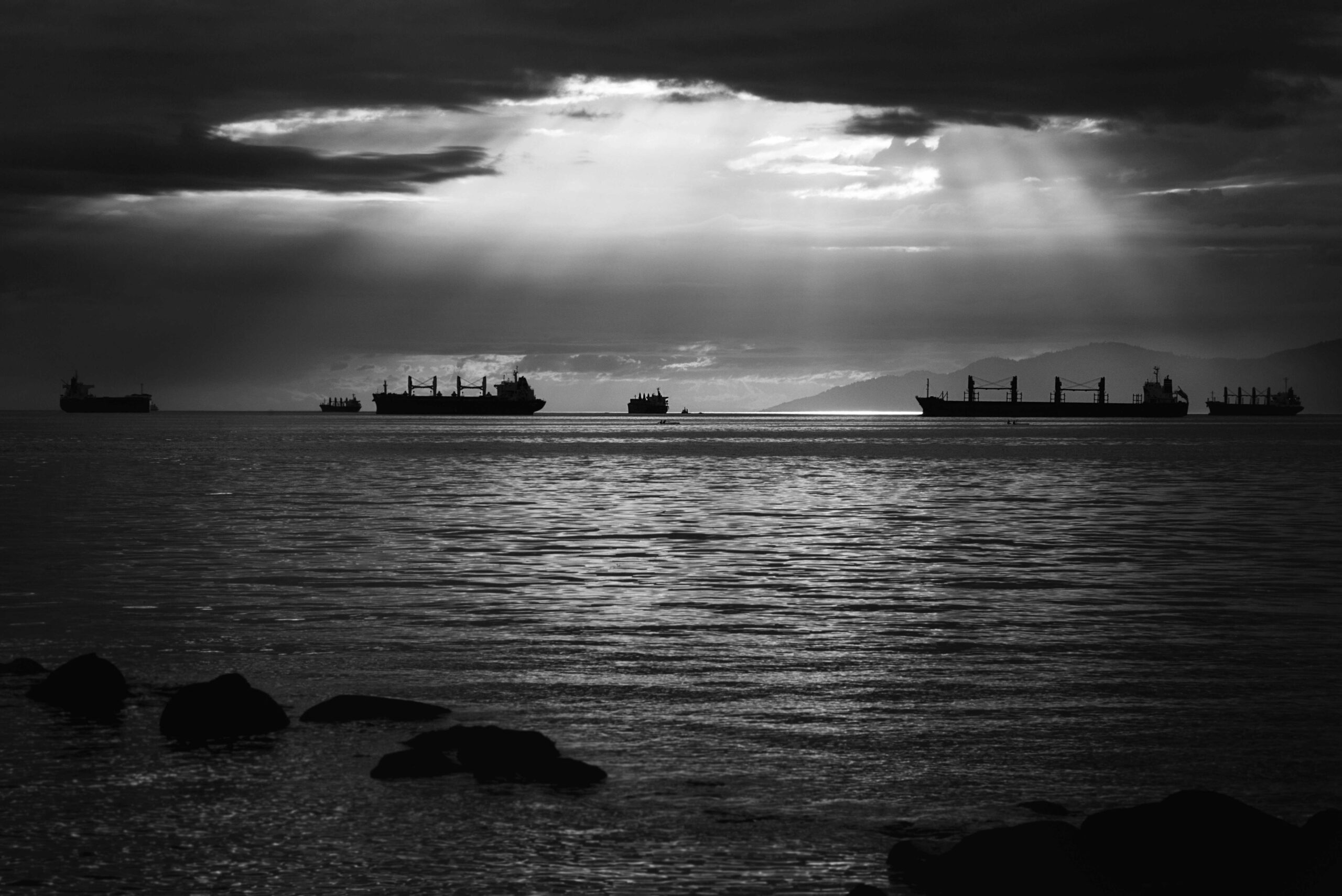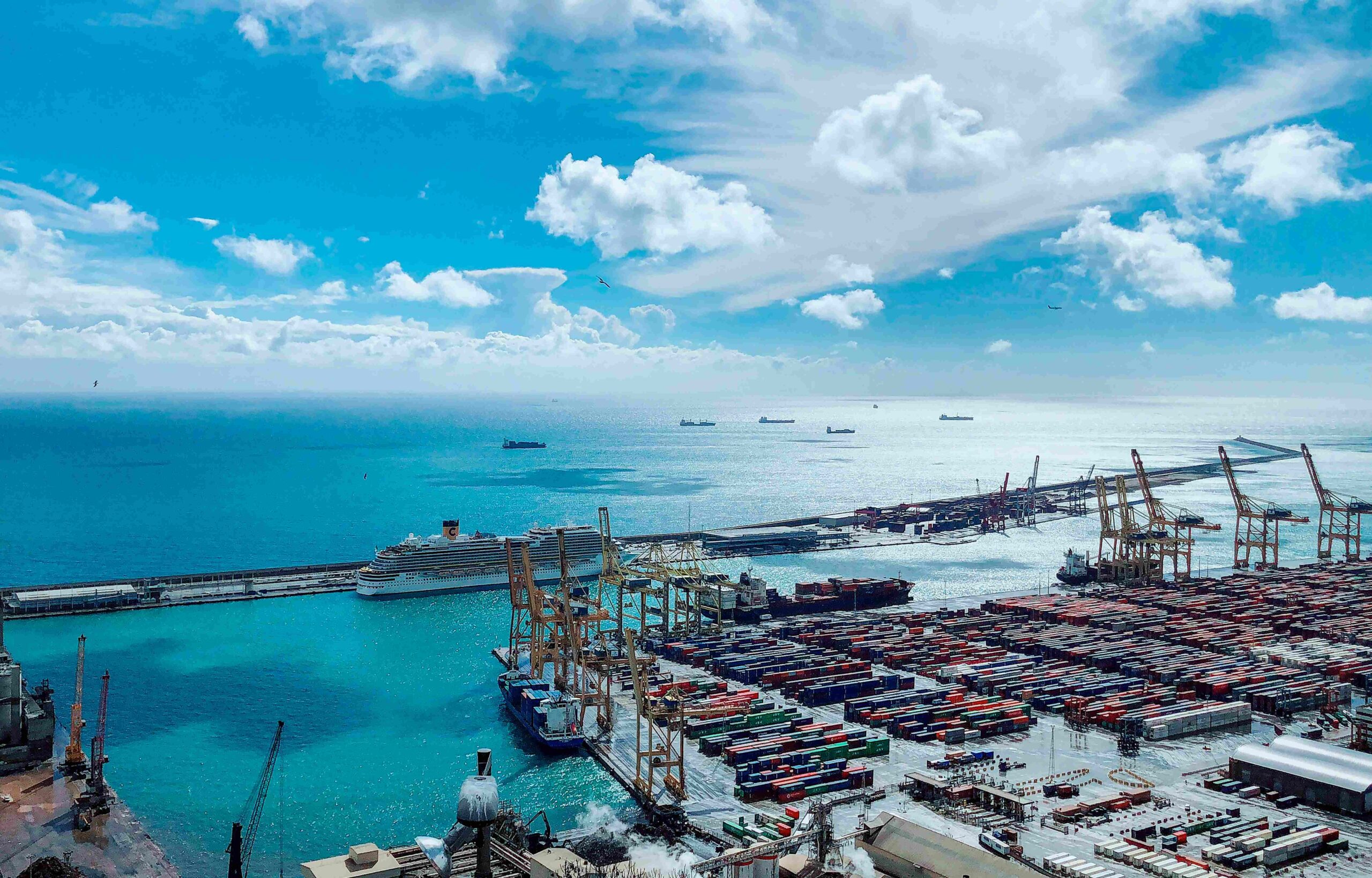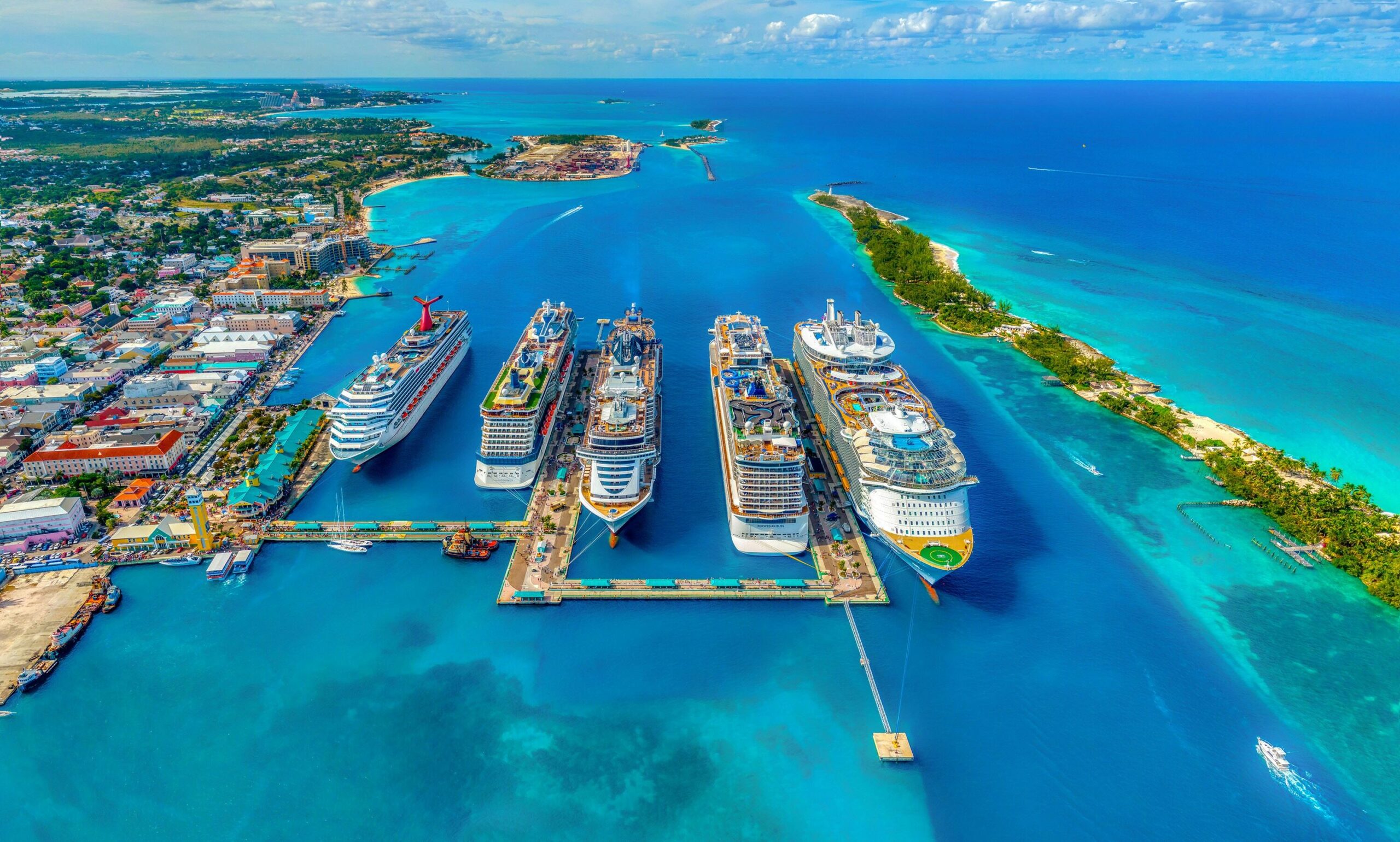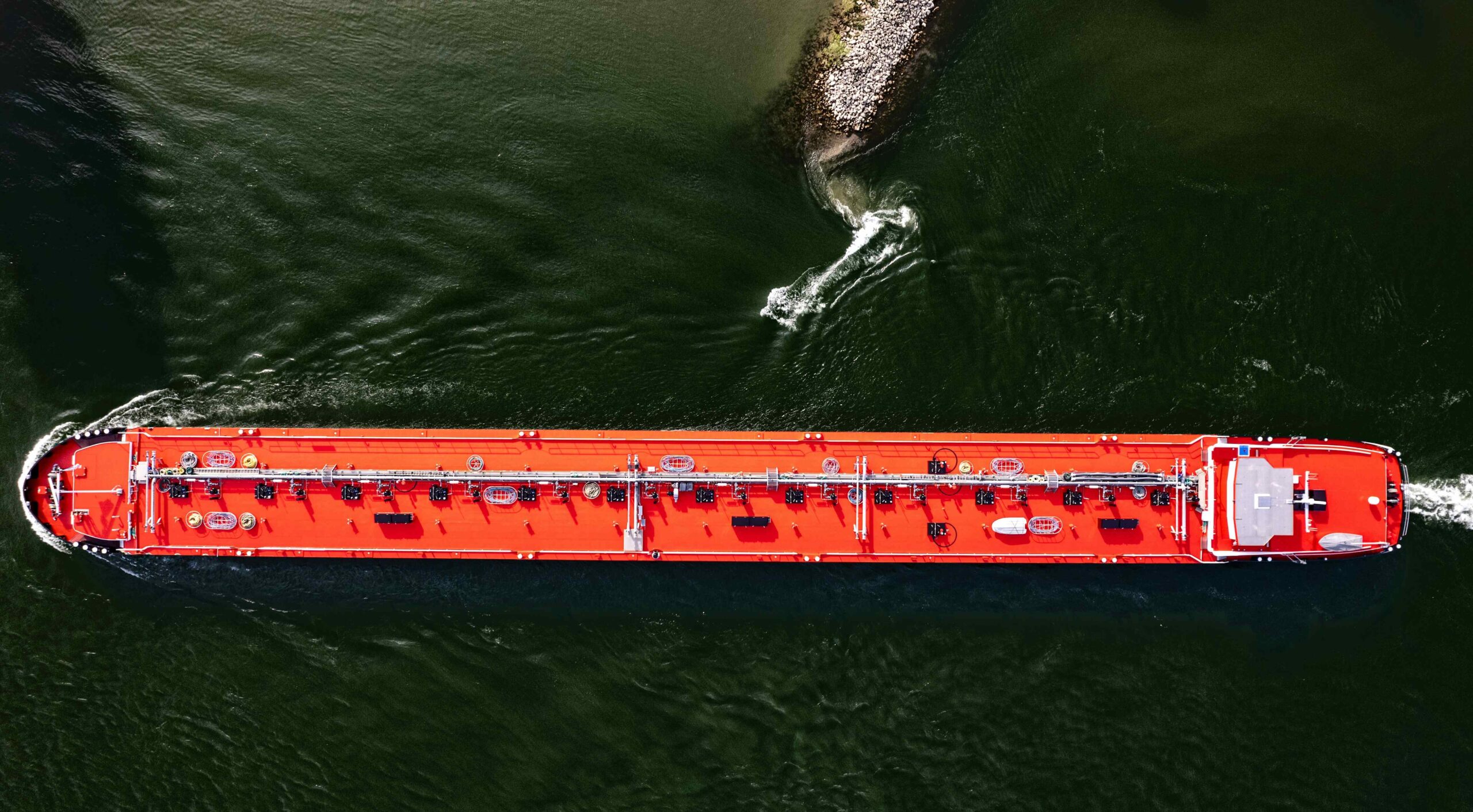Impact of Economic Sanctions on Bunker Fuel Availability
Economic sanctions have emerged as a powerful tool in international diplomacy, aimed at influencing the behavior of nations and entities. While sanctions target a wide range of sectors, their impact on the maritime industry, particularly on the availability of bunker fuel, can be
Cost-Benefit Analysis of Different Marine Fuel Types
As the maritime industry grapples with stringent environmental regulations and the push towards sustainability, the choice of marine fuel has become a critical decision for ship operators. Different fuel types offer varying benefits and challenges in terms of cost, compliance, and environmental impact.
The Role of Port Authorities in Bunker Fuel Regulation
Port authorities are pivotal in enforcing bunker fuel regulations, ensuring maritime sustainability, and protecting coastal environments. As the maritime industry transitions to cleaner fuels, port authorities’ roles have expanded to encompass regulatory enforcement, infrastructure development, and stakeholder collaboration. This article explores how port
Challenges in Implementing Low-Sulfur Fuel Mandates
The maritime industry is undergoing a significant transformation as it strives to comply with stringent low-sulfur fuel mandates aimed at reducing air pollution and improving environmental sustainability. These mandates, primarily driven by the International Maritime Organization (IMO) and regional regulations, require ships to
Bunker Fuel Consumption Trends in Cruise Industry
The cruise industry, renowned for providing luxurious experiences across the globe, faces increasing scrutiny over its environmental impact, particularly concerning bunker fuel consumption. As the demand for cruising continues to grow, the industry is compelled to adopt more sustainable practices and improve fuel
Technological Disruptions in Bunker Fuel Monitoring Systems
In the dynamic world of maritime transport, the evolution of bunker fuel monitoring systems represents a crucial advancement towards enhanced efficiency, regulatory compliance, and environmental stewardship. This article explores the technological disruptions in bunker fuel monitoring systems, examining their impact on the shipping
The Impact of Bunker Fuel Taxation Policies
Bunker fuel taxation policies are gaining traction as governments and international bodies seek to curb greenhouse gas emissions and generate revenue from the maritime industry. These policies have far-reaching implications for the shipping sector, influencing fuel costs, operational strategies, and environmental outcomes. This
Future Prospects of Hydrogen as Marine Fuel
The shipping industry is at a critical juncture as it seeks to balance economic growth with environmental sustainability. With mounting pressure to reduce greenhouse gas emissions and adhere to stricter regulations, hydrogen has emerged as a promising alternative marine fuel. This article provides
The Role of Non-Governmental Organizations in Bunker Fuel Advocacy
Non-Governmental Organizations (NGOs) play an increasingly influential role in the advocacy and regulation of the bunker fuel industry. Through research, policy advocacy, public awareness campaigns, and stakeholder engagement, NGOs are pivotal in driving sustainable practices and regulatory reforms in maritime fuel use. This
Global Bunker Fuel Market Regulatory Compliance
The global bunker fuel market operates within a complex regulatory framework aimed at addressing environmental, safety, and operational standards. This article provides an in-depth analysis of regulatory compliance in the bunker fuel market, exploring key regulations, challenges faced by stakeholders, and strategies for










